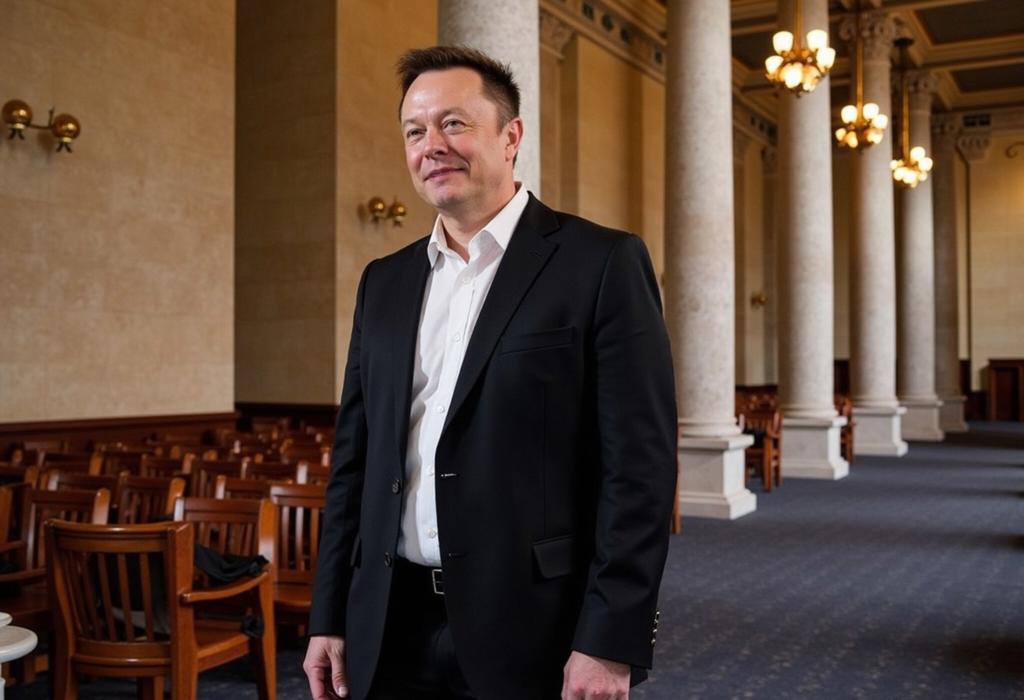The Wisconsin Supreme Court election on April 1, 2025, has become more than just a routine judicial election. It's a political battle that has captured national attention due to the significant involvement of Elon Musk, one of former President Donald Trump's prominent supporters. Musk's foray into the political landscape, endorsing and financially backing the conservative candidate Brad Schimel, has elevated the stakes in this race, turning it into a referendum on Trump's administration and Musk's growing influence in American politics.
The outcome of this election is seen as a crucial indicator of the political landscape ahead of the 2026 midterms. Key issues like abortion rights, voter access, and collective bargaining hang in the balance, and with Wisconsin being a critical battleground state, the result could reshape political strategies for both parties.
Musk's involvement, spending over $200 million to support Trump and now contributing significantly to Schimel's campaign, underscores his transformation from a business mogul to a political kingmaker. This has sparked a fervent response from Democrats who are rallying support for Susan Crawford, the liberal candidate who they hope will counter Musk's influence.
The election, officially nonpartisan, has nonetheless become polarized. Schimel has openly aligned with Trump and embraced the former president's narratives, including debunked voter fraud conspiracies. His campaign's strategy is fueled by Musk-backed PACs running aggressive advertising campaigns against Crawford, painting her as an impediment to Trump's agenda.
Conversely, Democrats have seized the opportunity to challenge Musk's influence, hosting events and emphasizing Crawford's independence from Musk's financial clout. The campaign has become a symbol of larger ideological struggles within the U.S.
This election exemplifies the increasing intersection of business interests and political power, with Musk playing a pivotal role. While Musk asserts his involvement is driven by concerns over congressional district redrawing and legislative reforms, critics highlight potential conflicts of interest, given Tesla's legal battles in Wisconsin.
Ultimately, this Supreme Court election is a microcosm of the polarized political climate in the U.S., with both major parties viewing it as a critical juncture in defining the nation's future political and judicial trajectories.
AD
AD
AD
AD
Bias Analysis
Bias Score:
75/100
Neutral
Biased
This news has been analyzed from 15 different sources.
Bias Assessment: The news coverage predominantly emphasizes the polarization and political strategies surrounding the election, highlighting Musk's influence and the response it has generated from both political parties. The focus on Musk's financial contributions and the portrayal of both candidates through their political alliances suggest a moderate level of bias. The narrative leans toward portraying Musk's involvement negatively, emphasizing potential conflicts of interest and backlash from opponents. However, it provides substantial context on both sides, preventing the bias from being overwhelming.
Key Questions About This Article




